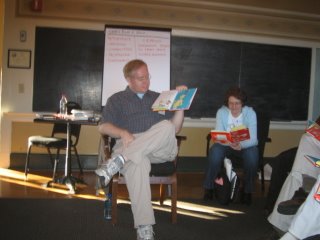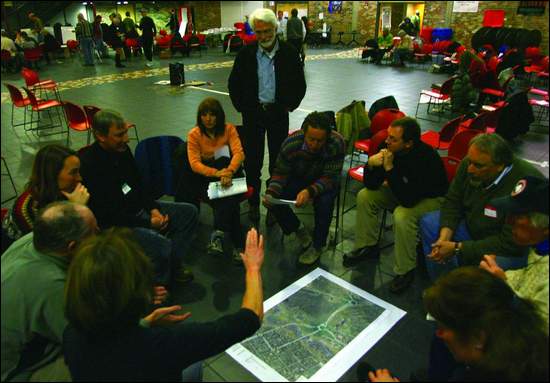Supernova 2007 Open Space
Kaliya Hamlin and friends are working in the world of network technology and making an important link between the Open Space and Unconferencing movements. Here’s a good invitation and example…
The Supernova Open Space Workshop is an open forum on the social, moral, technical, and strategic questions impacting the increasingly connected world in which we live. Discussions about topics like user control, neutrality, identity and open standards are setting the stage for future policies and economic decisions. Come to this event to learn more, participate in the community and shape the future of the New Network.
The workshop is being organized in conjunction with the Supernova 2007 conference (notably, sponsored by Wharton Business School), but is a distinct event, open to the entire community.
Go, Kaliya! Go!




